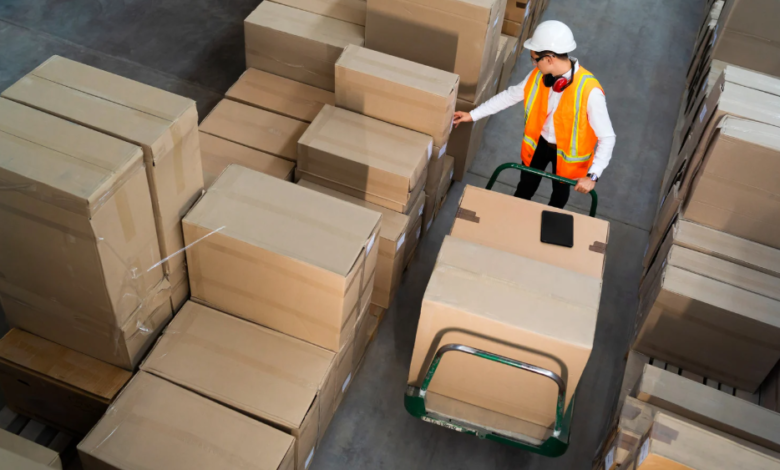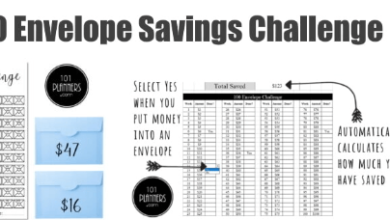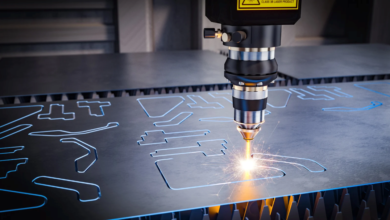Selecting the Right Industrial Packaging Solution for Your Products

Choosing the appropriate packaging is critical to ensuring product safety, cost-efficiency, and brand integrity. In industrial settings, packaging must withstand various hazards, moisture, impact, vibration, and stacking pressure, while remaining sustainable and functional. Businesses that invest in tailored industrial packaging solutions benefit from enhanced protection and streamlined logistics, especially when moving high-value or fragile items across complex supply chains.
Evaluating Product Needs and Packaging Functions
Every product has unique handling and transportation requirements. Factors such as weight, shape, material sensitivity, and storage conditions dictate the type of packaging necessary. An effective packaging solution protects the product from physical damage, contamination, and environmental exposure.
When selecting packaging, it’s essential to match material strength and design to the product’s durability. Foam inserts, corrugated containers, shrink wrap, and hard-shell crates all serve different roles in protection. Additionally, certain packaging formats may be better suited for automation or palletization.
Understanding the types of packaging materials used in industrial and e-commerce applications can help guide better decision-making. Lightweight materials may reduce freight costs, but only if they meet strength requirements. Meanwhile, custom-fitted options enhance protection and minimize movement during transit.
Impact on Supply Chain and Handling Efficiency
The right industrial packaging does more than just protect; it enhances handling, storage, and transport efficiency. Packaging that stacks uniformly, is easy to label, and fits standard shipping units can reduce labor time and maximize space utilization in trucks and warehouses.
Well-chosen packaging simplifies processes such as scanning, routing, and returns management. It also reduces the chances of rework or repacking, leading to faster throughput and more accurate order fulfillment. In environments with high throughput, packaging efficiency translates directly into operational savings.
In addition to performance, businesses must account for how packaging integrates into existing workflows. Reusable options, collapsible bins, or ergonomic containers support workplace safety and sustainability initiatives while maintaining product protection.
Prioritizing packaging that meets operational requirements is essential, especially when evaluating how industrial packaging solutions enhance product safety and minimize damage. By investing in robust systems, companies reduce loss, claims, and downtime while delivering a consistent customer experience.
Environmental and Regulatory Considerations
Sustainability plays a growing role in packaging decisions. Industrial packaging must balance protection with environmental impact, often through the use of recyclable, biodegradable, or reusable materials. Companies increasingly seek out solutions that align with green certifications and reduce their carbon footprint.
Compliance with regional or international packaging regulations is also important. Certain industries require packaging to meet safety, hygiene, or material traceability standards. Failing to comply can lead to shipment delays or rejections, particularly in international logistics.
Certifications like ISPM-15 for wood packaging in global transport or REACH and RoHS for chemical safety in packaging materials help ensure your packaging strategy aligns with broader regulatory requirements.
When making packaging decisions, businesses must assess not only product protection but also how materials are sourced, handled, and disposed of after use.
Customization and Branding Potential
Custom packaging solutions offer more than physical protection; they also serve as a marketing and branding tool. Especially in B2B environments, high-quality, branded packaging can reflect a company’s professionalism and reliability.
Custom-fit solutions reduce the need for excessive fillers or external protection, further minimizing waste and improving presentation. Additionally, color-coded or compartmentalized packaging can improve internal handling and organization.
Custom printing, QR codes, or branded inserts may also be used to enhance the end-user experience while maintaining traceability and compliance.
Conclusion
Choosing the right industrial packaging solutions means balancing product protection, cost-efficiency, sustainability, and operational functionality. Whether through custom materials, automation compatibility, or eco-conscious design, the right solution minimizes damage and optimizes supply chain performance. Smart packaging choices are an investment not just in safe transit but in brand integrity, compliance, and long-term logistical success.






